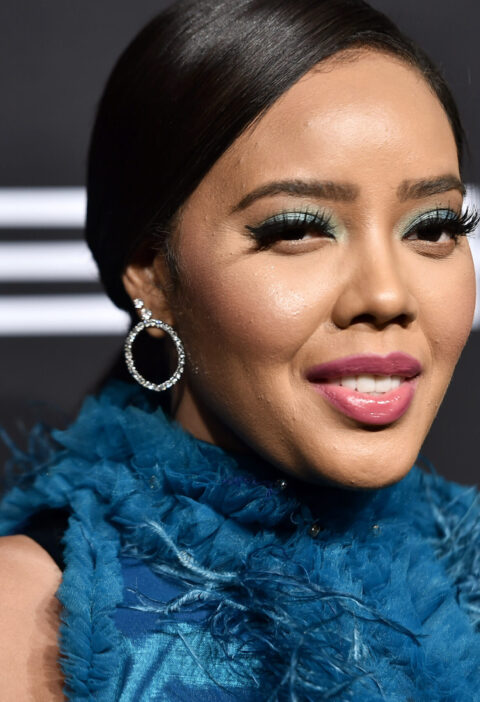The practice used to be that once a student completed the arduous process of earning an engineering degree, a career was practically guaranteed and waiting on the other side of the diploma. That was because engineers were needed as a requirement for just about everything being built, and the number of engineers licensed and available were minimal. Those times have changed.
Thanks to an emphasis in STEM education, as well as the field remaining strong and lucrative as a career path for decades, the number of engineers available today are exponentially bigger than the past. And that increase in competition, as well as changing environment in how engineering is applied, has made finding a job tougher now in 2024.
Anyone looking for an entry-level engineering job has their work cut out for them, especially as the current job market is currently struggling to stay out of a recession. So, here are some tips on how to apply for entry-level engineering job opportunities.
Making Sure the Base Requirements are Met
An entry-level engineer is more than just a university degree. A student has to have their engineering license taken care of for the state they wish to work in. So, if waiting to hear on possible employers or anticipating the hiring season and done with school, it’s a good idea to get that license exam out of the way. Otherwise, a candidate may not get hired since employers today aren’t fond of waiting for someone to pass when other candidates are ready to work.
Grab Any Real Time Training & Networking Opportunity
For those in school or waiting to be hired, grab any training available. That includes internships, free classes, low-fee pay classes, volunteering and short-term temporary projects. Actual hands-on experience is gold, especially for someone who hasn’t worked yet in a traditional engineering job.
Volunteering is probably one of the best opportunities as it looks good on a resume, and you could end up working with a licensed engineer on a real project for a non-profit. Conference-attending helps too, especially if the event is already local. It’s a great opportunity to meet company people, get seen and make connections.
Have a Ready Resume
Your resume should be ready to go and be able to be distributed daily. That includes a paper version, a digital website version, and a file you can easily send from your mobile to a company rep you meet with at lunch or in passing. Also make sure all your social media platforms are professional and fully updated on your latest details. This will flood search engines with easy marketing about you when your name is run on a search.
The Cover Letter
Have a simple but strong cover letter ready to go with your resume. This doesn’t need to be verbose; a good cover letter simply spells out what you are looking for, why you want to work for a given employer, and what you can offer. Think sales language here. What are your two or three biggest benefits you can give an employer? Use those skills and sell yourself in one paragraph. It helps to use industry-specific technical language too.
Apply for Open Positions Directly
Look for companies hiring engineers and apply directly to the company itself. Hiring platforms that are consolidators have proven to be poor performers with job applications. Instead, use them to find a company with openings, find that company’s website, and then try to find key managers on social media. Contact them about your eligibility and that you applied directly to the company. This has a higher chance of being seen than applying blindly through a middleman joblist website.
Won the Interview Chance? Don’t Get Nervous
Dress professional for an interview, show up timely, and try to stay calm. Answer the questions as a regular conversation and sell your best skills and capabilities. Bring a few examples of your work too, if possible.
People like to see tangible proof. If wearing a suit, a dark blazer with beige or dark gray trousers is a good idea matched by a light solid color shirt and conservative tie. Suit dresses are definitely recommended in a similar fashion as well. Don’t show up casual or in cargo pants. You might as well end the interview right there.







